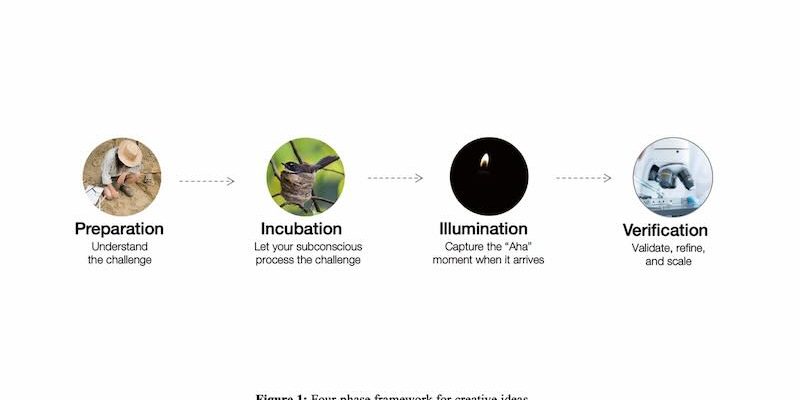
A survey among AmCham Taiwan members following recent heightened tensions in the Taiwan Strait found that headquarters concerns, supply chain risks, labeling disputes, and sluggish COVID-19-related policies were major factors decreasing confidence in the Taiwan market.
In the wake of U.S. House Speaker Nancy Pelosi’s visit to Taipei on August 2-3 and the Chinese military exercises around Taiwan that followed, the world turned its attention to the Taiwan Strait.
To gauge the sentiment among businesses operating in Taiwan, AmCham Taiwan sent an anonymous survey to 529 key company representatives between August 8 and August 17. Of the 126 organizations that responded, 77% reported their business had not been significantly impacted by the Chinese military exercises in the Taiwan Strait.
Meanwhile, 17% said they had experienced disruption, a third of which reported increased shipping or insurance costs or supply chain delays. Nearly half of the 17% said that the disruption stemmed from changes in policies or other manifestations of concern from their offshore headquarters. One company noted that the “dramatization in press coverage is not giving a good background to push a development strategy” to its headquarters.
Another firm said that its “local business has not been affected, but there is heightened concern from the parent organization about the safety of people and travel to the island. This is to be expected, but the potential effect is it may negatively impact decisions around additional investment of resources locally […] However, that is not a reality at this time for us.”
In addition, a small number of companies reported labeling-related issues during August. One firm noted that Chinese customs had started to request packaging be marked “Taiwan, China,” while Taiwan export agents did not allow such marking. The same company stated that “in the near future, China may stop importing this item from Taiwan.”
Looking ahead, 46% of the surveyed companies said they expected that increased Chinese military activity during 2022-2023 would affect their operations, many of which cited decreased consumer confidence in the Taiwan market as the main concern. One respondent said the “main short-term effect has been increased attention from global/regional security office, including a temporary travel ban to Taiwan during the first period of ‘exercises.’” Another noted that their company’s long-term concern is “reduced willingness to travel to Taiwan and concern about security of investments, people, supply chains, etc.” The respondent added that the actual effect “will depend a lot on what happens in coming months. If the situation calms down, there will be no special lasting effects.”
Asked about the specific “spectrum of threats” often cited in media reports, companies ranked the following as their key concerns: 1) general tension, including disinformation and psychological campaigns targeting Taiwan; 2) constraints or barriers on Taiwan’s periphery; and 3) sanctions, travel bans, boycotts, and embargoes against Taiwan products and people.
Several respondents requested that the U.S. and other governments increase their support for and interaction with Taiwan to further strengthen confidence in the Taiwan market and defuse tensions. Referring to the recently increased exchange between Taiwan and certain European countries, one survey-taker asked, “can others be encouraged to join them?”
Another response noted the importance for the Taiwan government to “drastically update regulations, banking, labor laws,” and other systems that have not been harmonized with international standards to strengthen its economic partnerships. As one respondent noted, “further promotion of the Talent Circulation Alliance would help reduce possible human resource and talent pressures.”
“Our Chamber has been calling for an ambitious agenda to accelerate economic cooperation with Taiwan through the 21st Century Trade Initiative, a double taxation avoidance agreement, and, eventually, via a bilateral trade agreement (BTA),” said AmCham Taiwan President Andrew Wylegala in connection to the survey. “Developments in recent weeks underscore the importance of supporting Taiwan’s resilience through stepped-up economic collaboration and integration, and the crucial fact that Taiwan’s economic relationship with the United States is also a security issue.”
In light of potential hesitancy toward investing in and sending staff to Taiwan, reopening borders and dropping current quarantine requirements to encourage travel to the island has become a more pertinent issue, and several respondents expressed frustration over the government’s COVID-related border policies. As one company noted, “the slow government response to reopening borders has the most impact [on our business] for now.”
Reiterating this point, Wylegala stated: “We believe the return Taiwan’s entry rules for foreign visitors to their pre-COVID status has become essential.”








